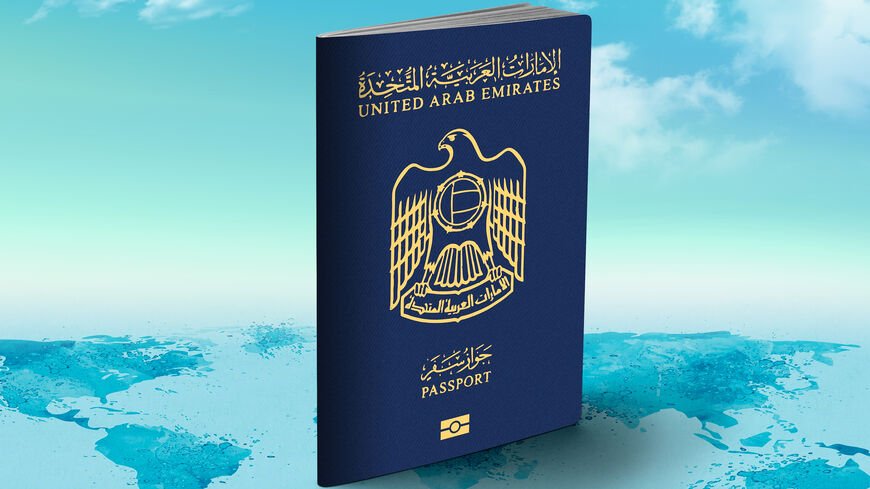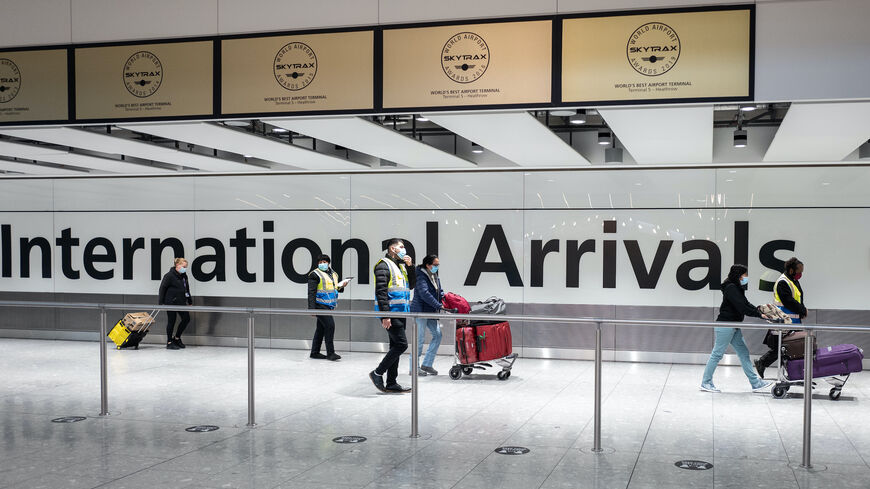What does EU visa relaxation for Saudi, Bahraini, Omani citizens mean?
Under the new rules, Bahraini, Omani and Saudi Arabian nationals will be eligible for multiple-entry visas, allowing them to visit the Schengen area (the EU’s 27 member states as well as Bulgaria and Romania) and move freely between them.

This week, the European Union (EU) announced a relaxation of Schengen visa rules for the citizens of Bahrain, Oman and Saudi Arabia, making it much easier for nationals of the Gulf countries to visit Europe.
Background: At the EU-Gulf Cooperation Council (GCC) High Level Forum on Regional Security and Cooperation in Luxembourg on Monday, the European Commission adopted three implementing decisions to update the Schengen rules for issuing multiday visas for the three Gulf states. Saudi Foreign Minister Prince Faisal bin Farhan Al Saud headed a delegation from the kingdom in the European country, which also included Ambassador to the EU Haifa Al-Jedea and the Foreign Ministry’s adviser, Manal Radwan.
Announcing the visa rule change during the opening session of the forum, the EU foreign policy chief Josep Borrell said, “I welcome a decision adopted by the European Commission this morning to harmonize the rules for granting multiple-entry visas for the citizens of the GCC countries.”
The GCC includes Saudi Arabia, United Arab Emirates, Qatar, Kuwait, Bahrain and Oman.
At the forum, officials discussed security and strategic cooperation between the GCC and the EU, as well as the conflict in the Gaza Strip and the wider region.
What are the new visa rules?
Under the new rules, Bahraini, Omani and Saudi Arabian nationals will be eligible for multiple-entry visas, allowing them to visit the Schengen area (the EU’s 27 member states as well as Bulgaria and Romania) and move freely between them. The area expanded in February 2022 to include the two non-EU states, removing all air and maritime border controls. A decision on whether to remove land border controls will be made at a later date.
Those who have the visa will be able to visit Schengen area countries multiple times over five years with the same visa. The visa will also apply to first-time travelers to Europe from the three Middle Eastern countries.
Holders of the visas will enjoy the same travel rights as visa-free nationals.
Other members of the GCC, including the United Arab Emirates, Kuwait and Qatar, have different rules regarding getting a Schengen visa. UAE citizens do not need a visa to travel to the Schengen area, but Qataris must apply for one.
In 2022, the EU said it planned to offer visa-free travel to Kuwait and Qatari nationals. A new visa “cascade scheme” was unveiled for Kuwaitis last September, allowing for all eligible applicants, including those travelling for the first time, to obtain five-year permits.
Know more: The move by the EU comes after the UK government announced in February that nationals from the GCC, including Saudi Arabia, could apply for Electronic Travel Authorization visas, making it easier for them to come to the UK, even on very short notice. The EU decision will allow the 27-nation bloc to remain competitive in providing access to their countries to Saudi nationals, as European countries vie for new investment from wealthy Gulf countries.
On the Gulf side, the Riyadh-headquartered GCC in November announced plans for a unified tourist visa similar to the Schengen visa.






